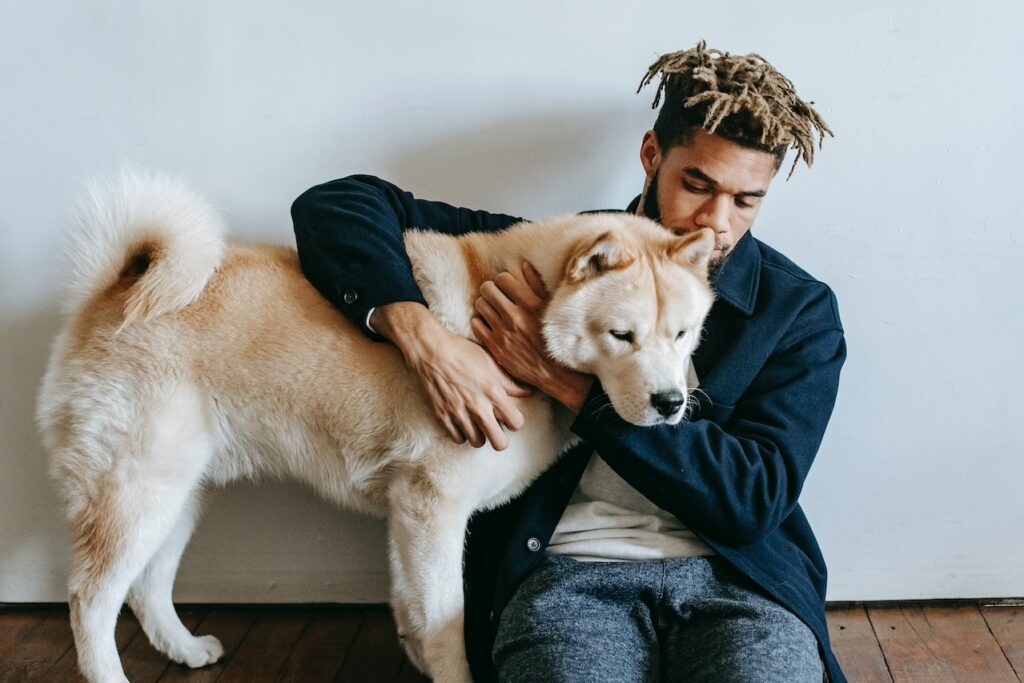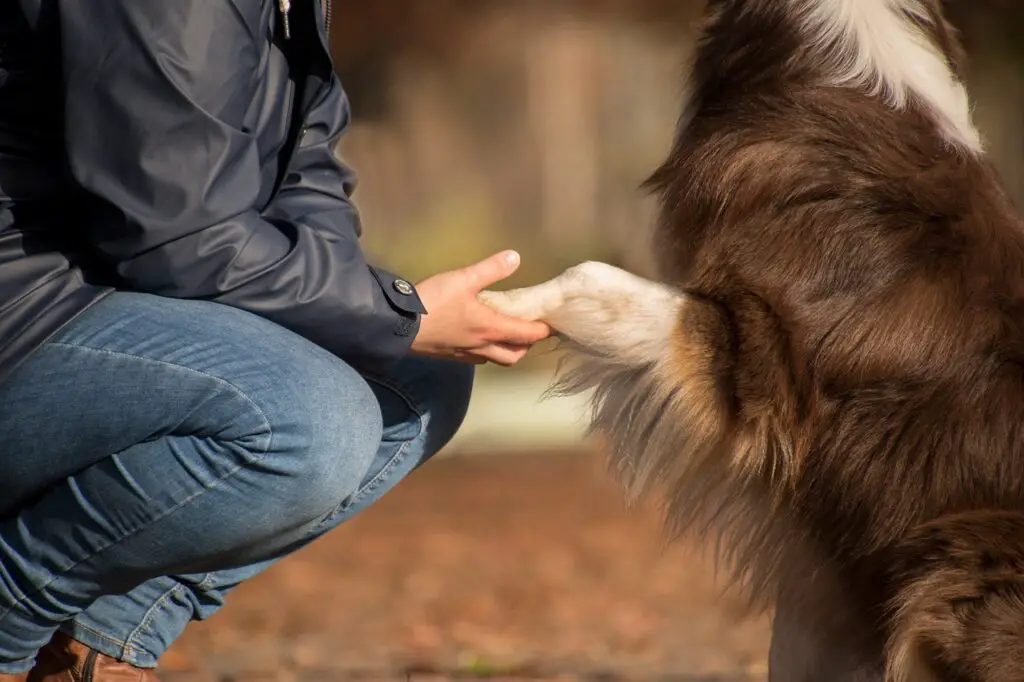Kennel cough, a contagious respiratory illness in dogs, often raises concerns for pet owners who are in close contact with their furry companions.
It’s natural to wonder if this ailment can jump species and infect humans too.
In this article, we’ll explore the possibility of humans contracting kennel cough and discuss the factors that influence its transmission between dogs and people.
Can Humans Get Kennel Cough?

Yes. It is possible for people to contract canine infectious tracheobronchitis (the scientific name for kennel cough), but it is rarely the case.
Humans who come into contact with a dog suffering from kennel cough are at risk of developing an infection, but it is usually mild and can be treated easily.
Symptoms in humans include a dry, non-productive cough, fever, sore throat, and headache.
In rare cases, the infection can spread to the lungs and cause more serious symptoms such as difficulty breathing or pneumonia.
If you think you may have been exposed to kennel cough or if you experience any of these symptoms, seek medical attention immediately.
Prevention is key when it comes to avoiding kennel cough, so it’s important to keep your dog up to date with their vaccines and practice good hygiene when around other pets.
Can Humans Get Kennel Cough From a Dog?

Yes, while it is rare, humans can get kennel cough (also known as Bordetella) from a dog.
The bacterium Bordetella bronchiseptica, which is one of the primary causes of kennel cough in dogs, can be transmitted to humans under specific circumstances.
However, this type of transmission is infrequent and usually occurs in individuals with weakened immune systems, such as young children, the elderly, or people with chronic illnesses. For most healthy adults, the risk of contracting kennel cough from a dog is minimal.
To reduce the risk of transmission, practice good hygiene by washing your hands after handling your pet, cleaning their environment regularly, and keeping them away from other infected dogs.
If you suspect your dog has kennel cough, consult with a veterinarian for proper diagnosis and treatment.
What Happens if a Human Gets Kennel Cough?
If a human contracts kennel cough, which is rare, it is usually caused by the bacterium Bordetella bronchiseptica.
In humans, this infection can lead to respiratory symptoms similar to those experienced by dogs with kennel cough.
These symptoms may include:
- Cough
- Fever
- Sore throat
- Runny or congested nose
- Fatigue
In some cases, the infection can progress to pneumonia, particularly in individuals with weakened immune systems. These include young children, the elderly, and people with chronic illnesses.
If you suspect that you have contracted kennel cough from a dog, it is essential to consult with a healthcare professional for proper diagnosis and treatment.
Treatment may include antibiotics to combat the bacterial infection and supportive care to manage symptoms.
How Common is Kennel Cough in Humans?
Kennel cough in humans is extremely rare. While the bacterium Bordetella bronchiseptica, one of the primary causes of kennel cough in dogs, can be transmitted to humans, such occurrences are infrequent and typically affect individuals with weakened immune systems, such as young children, the elderly, or people with chronic illnesses.
For most healthy adults, the risk of contracting kennel cough from a dog is minimal.
It is essential to practice good hygiene and wash your hands after handling pets. Clean their environment regularly to reduce the risk of transmission.
If you suspect that you or someone in your household has contracted kennel cough from a dog, consult with a healthcare professional for proper diagnosis and treatment.
How Long Is Kennel Cough Contagious?
Kennel cough is contagious for approximately 10 to 14 days after the onset of symptoms in dogs.
However, in some cases, the contagious period may last longer, up to 20 days or more, particularly in dogs with weakened immune systems or when dealing with certain strains of the virus or bacteria causing the infection.
It is important to isolate an infected dog from other dogs during this contagious period. This will help prevent the spread of the illness.
Additionally, consult with a veterinarian to determine the best course of treatment. Get advice on when it is safe for your dog to interact with other dogs again.
Practicing good hygiene and cleaning your dog’s environment regularly can also help minimize the risk of transmission.
In Conclusion
While kennel cough primarily affects dogs, it’s essential to be aware of the rare instances where humans, particularly those with weakened immune systems, may contract the infection.
Practicing good hygiene, regularly cleaning your pet’s environment, and monitoring your dog’s health can help reduce the risk of transmission.
By staying informed and taking preventive measures, you can ensure the well-being of both your canine companion and yourself.





Leave a Reply